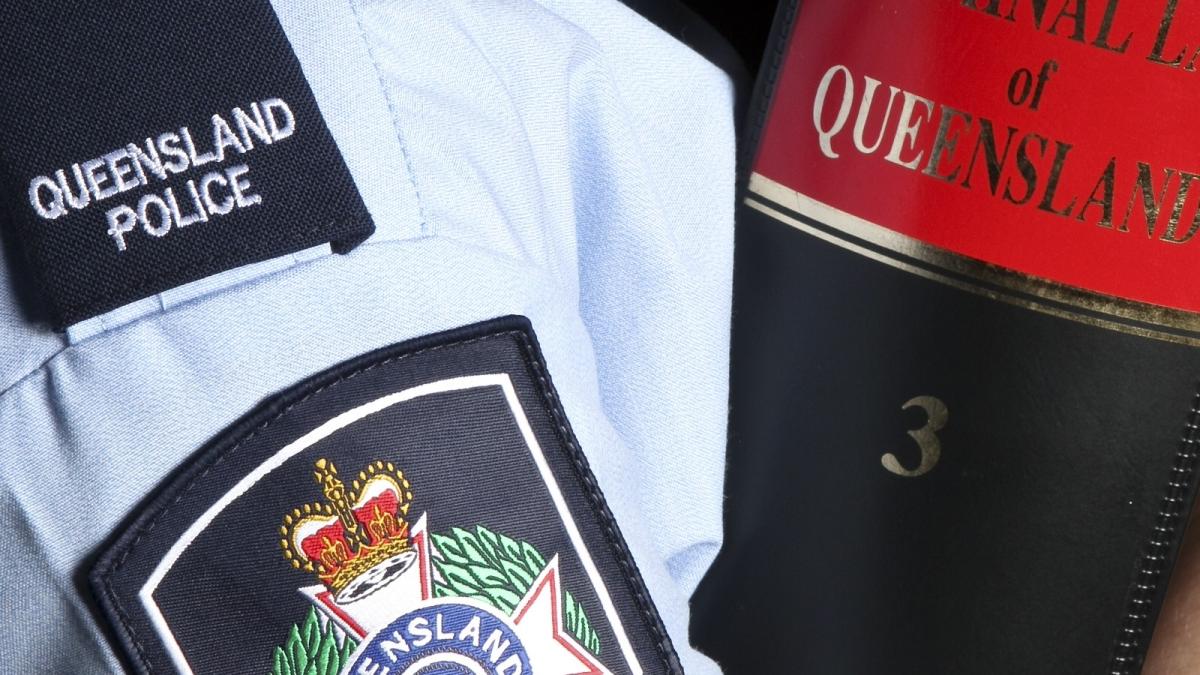Page Contents
Main Content
Inheritance fraud involves a person receiving a contact from someone representing themselves as being a solicitor or banker managing a large sum of money from a deceased estate.
The initial approach is unexpected and the contact may be personalised to you using your correct name, address or other personal information. The fraudster may have located your family tree from a genealogy web site or similar and included references personal to your family to provide a high level of perceived legitimacy.
How does this work?
The offer you receive states that you are the beneficiary of a large sum of money that you were unaware of and seeks additional personal information to finalise the transfer of the money.
Alternatively, in some cases they may state that although you are not the actual beneficiary, as you share the same surname of the deceased/account holder, they want you to act as the legitimate beneficiary and receive the transfer of the money to be shared with the solicitor/ banker. In this circumstance, you are being asked to be involved in the transfer of potentially millions of dollars of money stolen from another person’s bank account and launder it to Australia (Criminal offence involving 12 plus years’ imprisonment or possible arrest and extradition to a foreign country for prosecution).
No money exists and any documents sent to you are forgeries.
The fraudsters ensure you that everything is legitimate and senior officials can ensure that the payment is made to you quickly and without risk. The reality is you are dealing with skilled, professional fraudsters and no matter how many payments of fees, charges, taxes etc. you make, you will never receive any money. The only money that genuinely exists in this fraud is the money that you send the fraudster and which you will never see again.
Many victims have spent more than 5 years trying to obtain this money.
How do I protect myself?
- If receiving a notification from a lawyer or person overseas, do not automatically accept it is true. Make inquiries into the legal firm notifying you and whether they are legitimate. Use contact details located through your own inquiries and do not necessarily trust the contact details on the document.
- Ensure you are dealing with the legitimate law firm and not a person conducting identity fraud against that company.
- Refer to the ABCs of fraud prevention. Make your own personal and independent inquiries into the legitimacy of the letter from the lawyer.
- Seek independent professional advice.
Report this crime
This crime should be reported to the Australian Cyber Security Centre (ACSC).
